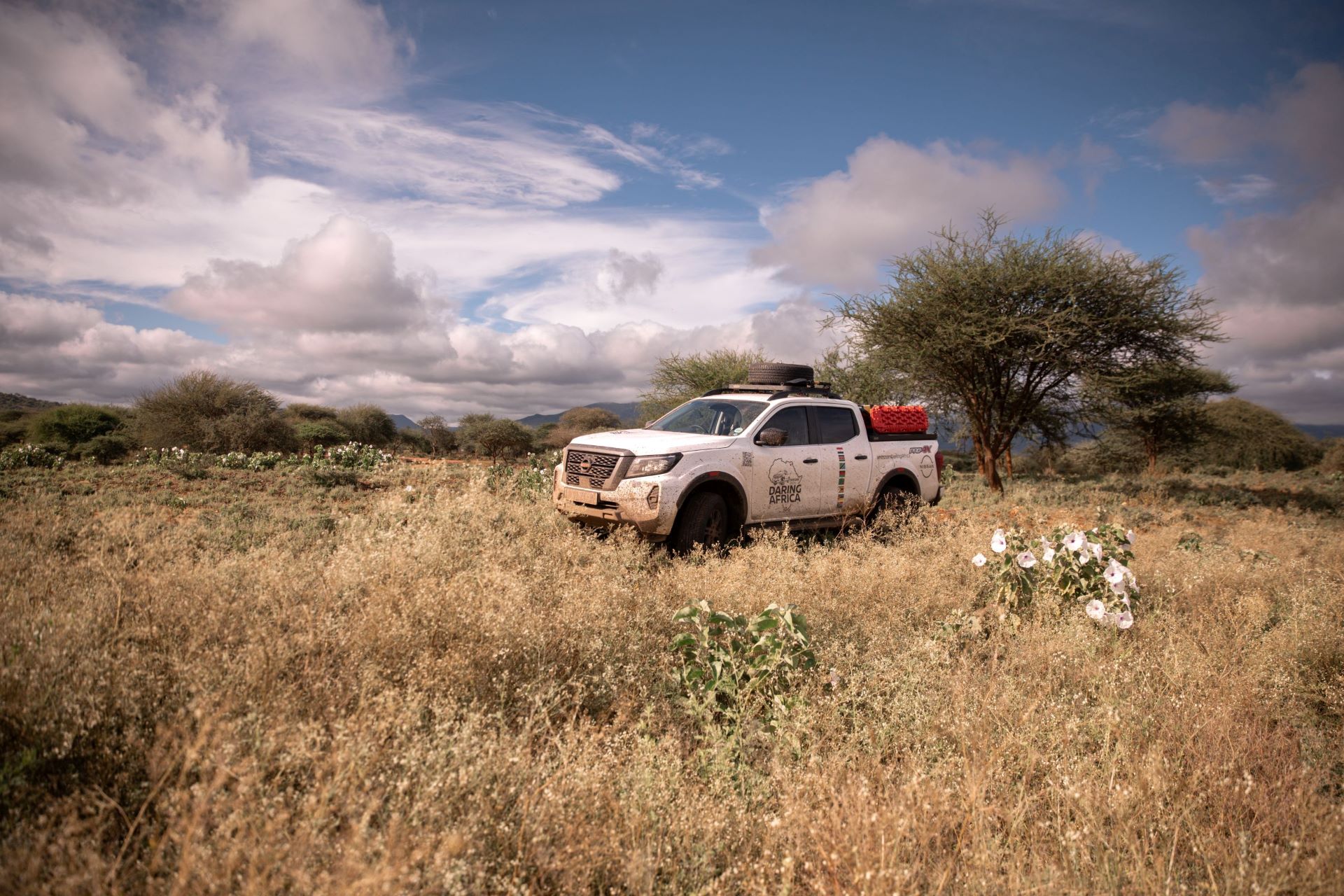-
22nd Trucking Wellness Centre opened
-
Praise for private public partnership that mitigates the effects of HIV/Aids in the trucking sector
Germiston, Johannesburg – ‘Success breeds success’ – this truism was proven today with the opening of the 22nd Trucking Wellness Centre serving SA’s vital trucking industry.

In another step forward, Trucking Wellness – the long-term partnership between Mercedes-Benz South Africa (MBSA), The South African Business Coalition on HIV and Aids (SABCOHA), Embassy of Sweden, and Trucking Wellness under the umbrella of the National Bargaining Council for the Road Freight and Logistics Industry (NBCRFLI) – today witnessed further expansion of this highly effective programme. The opening of the centre in Roodekop, Johannesburg marks another milestone for the three-year old project.

Nobuzwe Mangcu, Divisional Manager, Group Corporate Affairs, at MBSA, praised the project: “We are proud to be linked to such a successful initiative, which has seen over 430 000 individuals receiving HIV/Aids counseling and 155 000 people receiving treatment at present.

The road freight industry is the lifeblood of our commercial vehicle business. We are committed to contributing in a manner that benefits this important cog in the wheel of our country’s economy, but more importantly we are able to help make a difference in the lives of hundreds of individuals and their families.
For me the significance of this milestone that we are celebrating today, is that it demonstrates how a well-run private public partnership can successfully deliver essential support and benefit for our country’s truck drivers.”
As with the other 21 centres established nationally, the opening of a wellness centre is determined by the volumes of trucking activity in the area. The busier it gets, the greater the need for the services it provides. The Roodekop Wellness Centre is an ideal hub to reach long-distance truck drivers, women at risk, as well communities in the area. The aim of the Trucking Wellness Centres is to raise awareness and advocate testing, prevention and treatment of HIV/Aids.
Brad Mears, CEO of the South African Business Coalition on HIV & Aids (SABCOHA) says: “The partnership between SABCOHA, MBSA, Embassy of Sweden, and the Bargaining Council, – the implementation partner for the programme – and most importantly Trucking Wellness, cements the long-standing relationship and commitment to come together and provide meaningful access to services and facilities that help mitigate the effects of HIV /Aids in the trucking sector.
The launch of this Trucking Wellness Centre at Roodekop today is particularly meaningful, as it is on the eve of the day that that governments, businesses and communities across the world acknowledge the impact that this epidemic has had and continues to have on our global future.

We are, as never before, being challenged with a plethora of economic and climate issues that threaten our continued economic and human development, with Africa and in particular Sub-Saharan Africa, facing the brunt of this disease.”
Mears adds, “With the successes achieved with this PPP, SABCOHA approached the South African National Taxi Council (SANTACO) to look at ways in which this success and tangible impact could be replicated. To this end, we are currently in high-level discussions with SANTACO to see how the Trucking Wellness initiative can be extended into the taxi industry, something which will not only impact taxi owners and drivers, but also the commuters who use the taxis and visit taxi ranks. This is an extremely exciting and positive development and shows our commitment as a society to actively taking responsibility.”
Mercedes-Benz South Africa is a leader in Corporate Social Investment (CSI), especially in the fight against HIV and Aids. Around 40% of MBSA’s CSI portfolio focuses on HIV and AIDS projects. MBSA has funded R3 58 million over a three-year period.
Another example of MBSA sharing best practice, is evident in the Ekukhanyeni Relief Project in the south of Johannesburg which expands the reach to communities where HIV/Aids is having a big impact. The project has adopted 15 crèches in the township of Lawley, providing a combination of food security programmes and early childhood development initiatives. It bears mentioning that the crèches all started out as shacks in this informal settlement area.
Ria Schoeman, Senior HIV/Aids Advisor at the Embassy of Sweden, says: “The Swedish support is aimed at positioning the Corridor Empowerment Project in the National Department of Health’s prevention, treatment, care and support for the transport sector programme. This leads to a strengthened partnership with the South African Government in policy development and programme implementation. The long-term benefit of this intervention is to have more healthy and productive people, less orphans and a better life for all.”
SABCOHA has been instrumental in the co-ordination of private sector response to HIV and Aids, striving to assist businesses with workplace initiatives through sharing of best practice models, pioneering new initiatives and lobbying for change. SABCOHA has played an integral role in the Trucking Wellness initiative by providing project management and co-ordination services at both a national and international level in order to bring greater awareness to activities within the trucking and transport sector.
The organisation has further strengthened the sectoral initiatives by providing technical support through monitoring and evaluation expertise for the project, data reporting at provincial level, as well as creating the necessary platforms for engagement and collaboration through its partnership with government and other key stakeholders.
The NBCRFLI believes with the launch of the 22nd clinic, that the Bargaining Council is living up to its motto of: ‘We care enough to act.’
It is only through a collaborative commitment and seeking out innovative platforms, such as this Trucking Wellness programme, that a concerted and tangible impact can be made in reducing the spread of this disease. The opening of this centre highlights a unique programme that brings together a multiplicity of partners effectively addressing the impact of HIV and Aids in the trucking sector, as well as other high risk groups, such as women and sex workers, and the broader community around truck stops.


